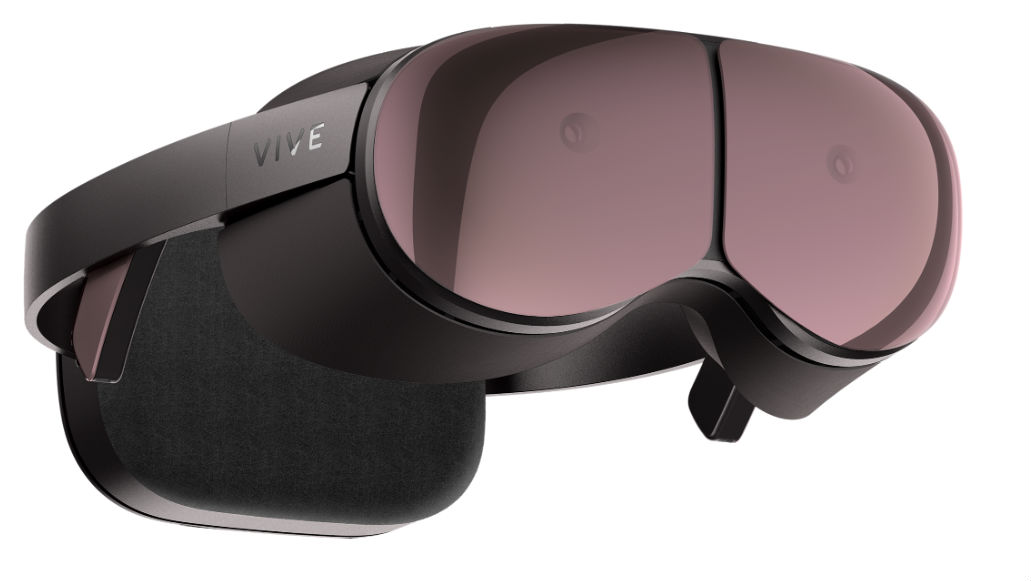In an era where virtual and augmented realities are evolving at a breakneck pace, HTC has once again pushed the boundaries of our imaginations with its latest endeavor: Project Proton. As the Mobile World Congress (MWC) 2020 approached, the abrupt cancellation left many companies scrambling for airtime. HTC, known as a trailblazer in the VR space, filled this gap by unveiling this innovative concept headset that promises to transform our interaction with digital environments.
What is Project Proton?
At first glance, Project Proton appears to diverge significantly from HTC’s traditional bulky Vive headsets. With a design that draws inspiration from compact forms like Magic Leap’s AR technology, Project Proton embodies a sleek, futuristic aesthetic. Although still in its conceptual stage, HTC has confirmed that functional prototypes exist, hinting at an imminent shift in design standards for VR headsets.
The key advancement involved in Project Proton is the integration of micro-displays, removing the encumbrances associated with weight and size. While this technology could lead to a more comfortable user experience, it might also elevate the price point, a crucial consideration in consumer tech.
Innovative Options for Users
HTC is exploring two configuration options for Project Proton by weighing user needs and technological feasibility:
- All-in-One: This version computes all processing internally, creating a standalone device ideal for users who favor simplicity and portability.
- All-in-Two: Unlike the first variant, this model would connect to a smartphone for processing, offering flexibility but introducing tethering concerns.
Handling Concerns Around Cellular Technologies
One notable absence in Project Proton’s design considerations is the integration of 5G streaming capabilities. As HTC explains, they are treading carefully regarding the health implications associated with cellular radiation. Instead of rushing into the transition to 5G, HTC is prioritizing user safety by avoiding headsets embedded with 5G radios, a decision that reflects a broader industry concern and highlights the company’s commitment to thoughtful innovation.
Propelling Mixed Reality Forward
Project Proton is not HTC’s only leap towards the future of XR. The company recently announced the Cosmos XR, a new headset designed to enhance mixed reality experiences. Featuring passthrough cameras to capture real-world surroundings, this tech isn’t merely an overlay of digital graphics; it offers a composite image that fuses the real world with virtual elements in a seamless manner.
HTC targets Cosmos XR towards developers looking to create cutting-edge AR content. This headset facilitates various applications, from virtual meetings for remote employees to enhanced gaming environments, thus redefining collaboration and productivity in professional settings. Additionally, the modular design allows it to operate as a standalone headset or attach to existing models, proving HTC’s flexibility in catering to varying user preferences.
Conclusion: A Bright Horizon for VR
The innovations brought forth by HTC’s Project Proton and Cosmos XR exemplify a commitment to advancing virtual and mixed reality technology. By combining sleek design with penetrating insights into user requirements, HTC is paving the way for a new generation of immersive experiences, whether for gaming, enterprise applications, or creative content creation.
At fxis.ai, we believe that such advancements are crucial for the future of AI, as they enable more comprehensive and effective solutions. Our team is continually exploring new methodologies to push the envelope in artificial intelligence, ensuring that our clients benefit from the latest technological innovations. For more insights, updates, or to collaborate on AI development projects, stay connected with fxis.ai.

